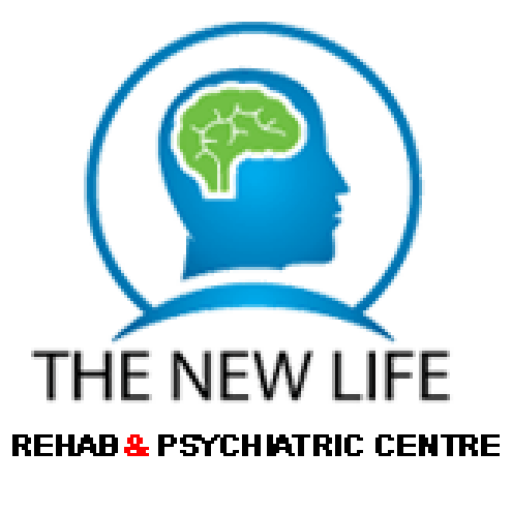Cognitive Behavioral Therapy

Cognitive behavioral therapy or CBT is standard manualized type of psychotherapy for addressing addiction process and helps in recognizing those thoughts and behavior, which may often drive addiction. Cognitive behavioral therapy, based on interrelated relationship between what you think, what you do and how you feel. This approach focuses on identifying automatic thoughts, a term that define how individual experience distorted thinking, that may lead to problem behavior (addiction).
The goals of cognitive behavioral therapy are to change individual‘s faulty information processing, correct individual’s dysfunctional beliefs that maintain maladaptive emotions and behaviors, and provide skills that create adaptive thinking.
Component of Cognitive Behavioral Model:

Situation: A situation encompassing the certain place, person and things or emotions might be triggering for someone. Situations are always outside of our control but they can be influenced by our personal factors (psychological, personality traits, social/environmental and genetic vulnerability) and behaviors.
How might your personality influence the situation you find yourself in?
How might your family and genetic background influence the situation?
How does your cultural and social environment play role?
Emotions: Emotions are not always based on logic but they are influence by how we perceive the situation, our thoughts and beliefs. Identifying one’s emotions can be difficult, especially when you spent years in denying suppressing and ignoring the emotions.
Psychologist Paul Eckman identified six basic emotions:
Happiness, Sadness, Disgust, Fear, Surprise, Anger
Thoughts and Beliefs:
How a person thinks and feels about situation depends upon how they perceive and interpret the situation. Thoughts are not statements of facts but they reflect electro-chemical impulse in our brain. CBT suggested it’s not the situation or event which causes the emotions but the meanings we give the situation.

Particular types of thoughts lead to particular emotions and subsequent behavior.
- Automatic thoughts: that first things come in our mind (image, word, memory).
- We automatically believed on these thoughts without considering their validity.
- Our thoughts are very specific to us, perhaps because of our past experience, values and knowledge.
- Our thoughts can be habitual and persisitent, repeat over and over again.
How CBT Challenge Negative thoughts?
- Mindfulness
- Positive self-statements
- Visualization of best (gratitude)
- THINK- is the thought true ,helpful, important, necessary and kind
Behavior/ Response: an individual’s behavior and actions in response to their feeling and thoughts about the situation. Human beings do not enjoy negative emotion such as sadness, anger and guilt they always seek to feel good, so they may turn to substance abuse and addictive behavior to cope with negative emotions and to get short-term relief.
One of the goals of CBT is to help the individual to access the long-term healthier behavior.
Thought Record: Thought record is another technique of CBT, which focuses on many of our thoughts are habit driven and originate from our false perspective and we are more inclined to accept those thoughts. Thought record designed to help to find most balanced approach the way you thinking about things and alter your mood. Thought record turns individual’s attention inward where he can notice his thoughts and feelings.
Those individuals who are struggling with addiction and substance abuse have negative and destructive thought patterns that are harmful for their wellbeing. These thoughts patterns are prevalent in addicts and contribute to their addictive behavior and lack of control over their addiction. CBT is active therapeutic modality, problem-focused, goal-directed and present-oriented, which may provide following benefits:
- CBT explores the individual’s negative thoughts and behavior leading to self-destructive actions such as addiction.
- CBT helps therapist and client to maintain a therapeutic relationship to identify destructive thought process and actively seek alternate thinking.
- CBT sessions augmented with homework after the sessions to engage the individual in identifying his distorted thoughts
- CBT can be providing in individual and group therapy.
- CBT techniques are very beneficial and practical that can be easily incorporated with into individual’s life.
- CBT helps individuals in coping strategies to handle potential difficulties and stressor following addiction and substance abuse treatment.
At The New Life Rehab Center and Psychiatric Center in Islamabad, we have specialized and well-trained CBT therapist who can helps you in your addiction treatment recovery journey and in relapse prevention. For further information please, contact us by calling 03214528124 or email us at kifyathussainkhan2016@gmail.com. https://thenewlife.com.pk/
